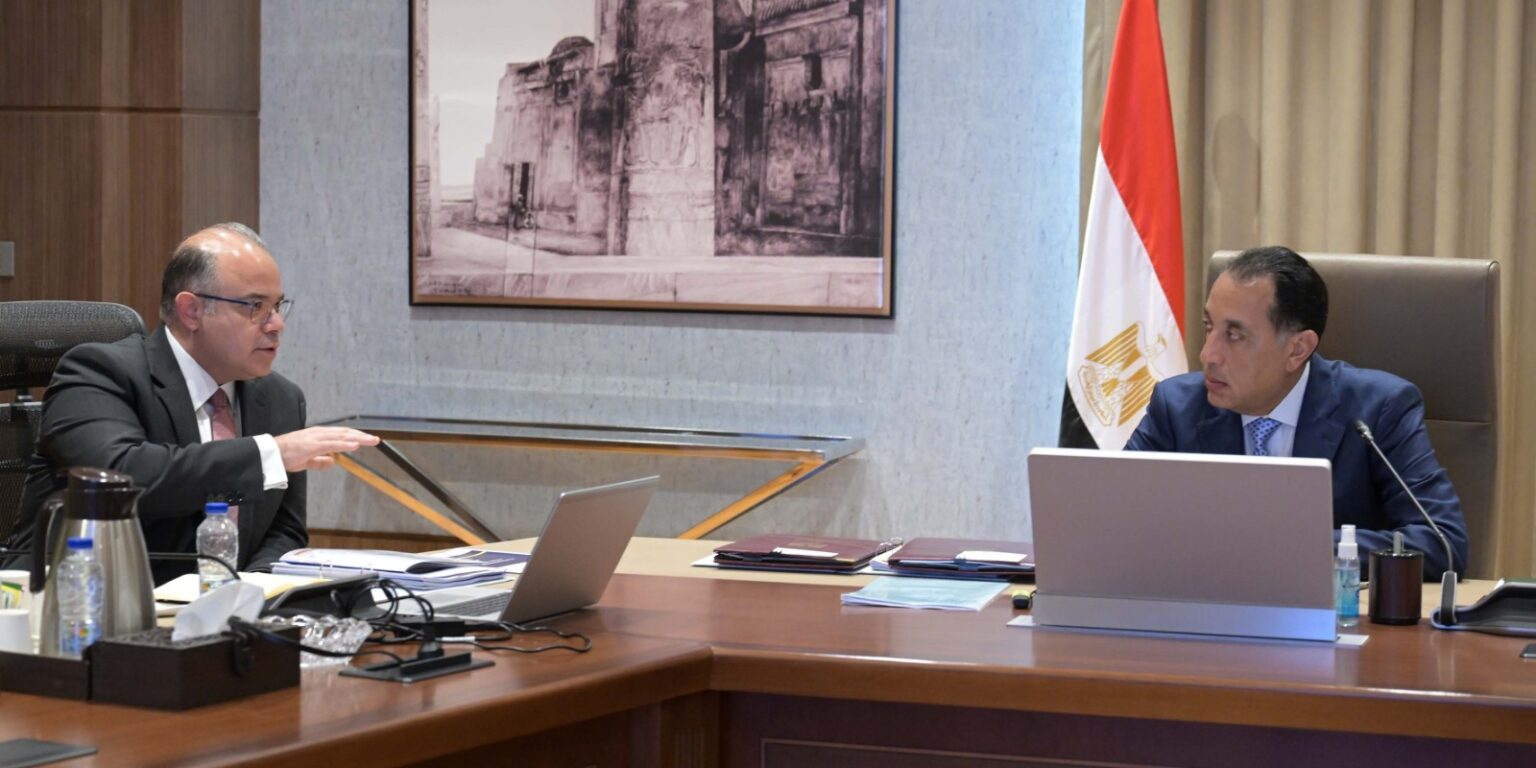- Leveraging digital transformation and voluntary carbon markets for an inclusive and sustainable sector.
- An upcoming announcement to detail non-bank regulatory sandbox & first online carbon credit registry.
- Crowdfunding rules for real estate & equity funds final stages, boosting innovation.
- Four companies registered in FRA’s Outsourcing Register operating with 84 non-bank financial companies to complete digital transformation; approving four Fintech startups for digital services and granting digital transformation approval to approximately 14 non-bank financial companies.
- Companies to deliver their investment, insurance and financing services digitally are leveraging Fintech areas, including digital identity, Customer Due Diligence (KYC), digital records and digital contracts.
- In an unprecedented move, FRA is prioritizing the development of investment policies for private insurance funds and insurance companies. This strategic initiative aims to maximize returns for policyholders, enhance the synergy between non-bank activities and inject much-needed liquidity into the stock market.
- Gold Investment Funds attracted approximately 185,000 investors with a total investment value of EGP 1.7 Billion.
- FRA’s ongoing development of listing rules includes regulating SPACs to facilitate startup financing via the stock market, supporting entrepreneurship. Further amendments are underway.
- FRA’s legislative agenda includes amendments that facilitate the establishment of Private Equity and Venture Capital Funds, broaden the ownership base of clearing companies and modify the legal structure of exchanges to increase supply in the securities market. The overarching goals are to enhance liquidity and trading levels, aligning with the State Ownership Policy Document and promoting competitive neutrality.
- FRA’s robust regulatory efforts covered over 200 companies across capital markets, non-banking finance and insurance. This extensive oversight ensured regulatory compliance to protect dealers and maintain market stability.
Prime Minister Dr. Mostafa Madbouly meets today with Dr. Mohamed Farid, FRA Chairman for a comprehensive review of the Authority’s ongoing work and strategic priorities. At the outset of their discussion, Dr. Farid presented a detailed report outlining FRA’s significant endeavors in recent times. These efforts are strategically aimed at amplifying the crucial role of the non-bank financial sector within the national economy, with a clear focus on maximizing its positive and sustainable developmental impact across Egyptian society.
Recently, the Authority concluded key initiatives to speed up digital transformation and activate the voluntary carbon market. An announcement regarding the launch of the Regulatory Sandbox for the non-bank financial sector and the first online carbon credit registry will be made soon.
Dr. Farid, FRA Chairman explained that the first organized and regulated voluntary carbon market has been launched for trading carbon credits , in support of the Egyptian government’s efforts to reduce carbon emissions. Approximately 28 projects from several countries have been registered in the Authority’s database. He noted that the number of carbon credits already traded has reached 5,000 and the total number of carbon credits registered in the Authority’s database has reached 170,000.

The Authority has now finalized specific regulations for crowdfunding in real estate and equity funds. This follows the completion of the legislative and regulatory frameworks that paved the way for the launch of innovative products enabling companies and individuals to develop their businesses and invest their funds.
This development is driven by a growing interest among individuals to invest in this sector. Consequently, there is a need for an investment instrument that broadens ownership within a regulatory framework safeguarding transacting parties and ensuring service provider efficiency. This framework was established following several consultation sessions held by the Authority with relevant stakeholders to clarify the activity’s nature. Furthermore, regulatory frameworks and international best practices were reviewed to facilitate its potential application in other economic and investment sectors in subsequent phases.
Moreover, the Authority has finalized all legislative and regulatory frameworks for digital transformation. This completion has paved the way for the introduction of innovative products enabling companies and individuals to enhance their operations and invest their capital through various financial technology domains. This is in accordance with legislative and regulatory decisions, specifically Law No. 5 of 2022 regulating and developing the use of financial technology in non-bank financial activities and the Authority’s Board of Directors’ Decrees No. 139, 140 and 141 of 2023.
So far, seven companies have sought registration as FinTech outsourcing service providers. The Authority has already registered four of them and they are currently assisting around 84 non-bank financial companies with their digital transformation. Three more companies are finalizing their registration with the Authority. In addition, four FinTech startups have been approved for establishment in the non-bank finance sector, leveraging financial technology. Fourteen existing companies in the sector have also applied to digitize their services. The Authority is currently reviewing applications for the establishment of another seven FinTech startups aiming to operate digitally in diverse non-bank financial activities.
Dr. Farid pointed out a landmark shift in the investment regulations for private insurance funds and insurance companies, as the Authority has, for the very first time, introduced amendments to rules, regulations and ratios. This groundbreaking move has opened up a more diverse range of investment opportunities, including precious metal certificates or metal-backed investment certificates traded on Egyptian exchanges, open-ended mutual fund certificates and venture capital and direct investment funds certificates within Egypt.
He added that the Authority’s recent mandates, stemming from the Unified Insurance Law of July 2024, now require insurance companies to make specific investment allocations. This includes a minimum of 2.5% of their paid-up capital in open-ended mutual funds, a minimum of 5% of their invested funds in locally traded commodity and metal investment certificates or related instruments. The Authority also directs that the allocation of invested funds to real estate investment fund certificates shall not exceed 10% for life insurance companies and 5% for property and liability insurance companies.
This development aligns with the implementation of the Unified Insurance Law, enacted in July 2024. A key objective is to broaden insurance coverage to encompass diverse individuals and societal groups. The law empowers the Authority’s Board of Directors to establish the necessary rules, controls and procedures for regulating the sector’s operations.
Representing the first comprehensive legislation for the insurance industry, which was previously governed by four separate laws, the Unified Insurance Law marks a significant stride towards policies and procedures aimed at regulating and digitizing financial transactions. It also promotes the adoption of financial technology to increase the number of insurance beneficiaries.
Dr. Farid also highlighted the launch of three gold investment funds: AZ – Gold Fund, Al Ahly Financial Investments Management (AFIM) and Beltone Evolve Gold Fund (Sabayek) – a subsidiary of the National Bank of Egypt (NBE). Additionally, another fund has secured the Authority’s approval and is currently in its subscription phase. He specified that total investments through these gold funds had reached EGP 1.7 billion, drawing in 184,600 investors as of March 27, 2025. This success was attributed to the availability of diverse and innovative investment products tailored to Egyptian needs, thereby boosting savings levels.
He further elaborated that the Authority has established a comprehensive legislative and regulatory framework to facilitate the creation of gold investment funds, enabling Egyptians to invest their savings in gold securely and systematically. Currently, a proposal for another similar fund is under review, while yet another has been approved and is undergoing subscription procedures.
The Authority has also pursued its continuous efforts to refine the Egyptian Exchange’s listing rules, notably by regulating the operation of Special Purpose Acquisition Companies (SPACs). This initiative aims to facilitate startups’ access to stock market financing, thereby bolstering entrepreneurship. This development involved introducing flexible provisions and simplified rules for SPACs, as well as incorporating merger acquisition alongside share swap and credit balance acquisitions to diversify the available acquisition methods and assist SPACs in achieving their objectives. Furthermore, it permits the trading of subscriber shares in a SPAC’s capital increase at the subscription price (representing fair value) and allows public trading of SPAC shares post-acquisition. Consequently, the first venture capital SPAC was listed with an initial capital of EGP 10 million, subsequently increasing to EGP 235 million through-qualified investors.
Dr. Farid also outlined the Authority’s upcoming legislative agenda, which includes amendments to streamline the establishment of direct investment and venture capital funds, broaden the ownership of clearing companies and restructure stock exchanges to boost supply in the securities market. These changes are intended to enhance liquidity and trading volumes, align with the State Ownership Policy Document and promote competitive neutrality.
Moreover, Dr. Farid underscored the significant priority the Authority assigns to bolster the stability of non-banking financial markets, not solely through development and regulation but also by implementing a flexible, risk-based supervision approach. This methodology enhances the financial stability of the markets and safeguards stakeholder rights. In 2024, the Authority’s regulatory activities involved inspecting over 200 non-bank financial institutions under its supervision, spanning the capital market, non-banking finance and insurance sectors, to ensure regulatory compliance, protect stakeholders and support market stability
Last modified: April 14, 2025
